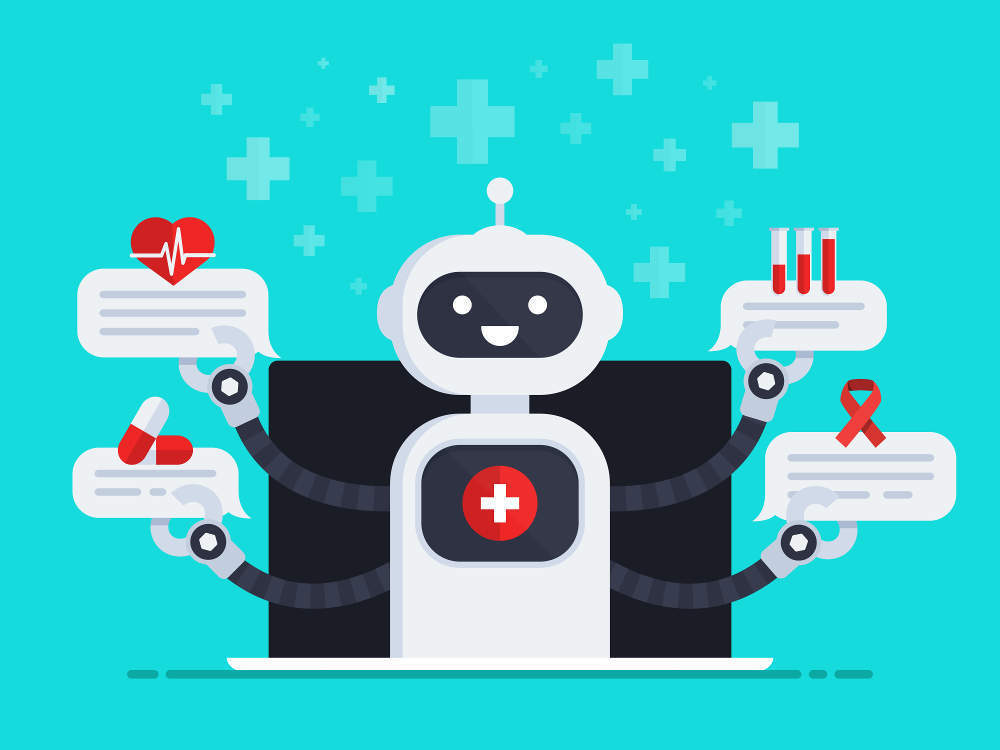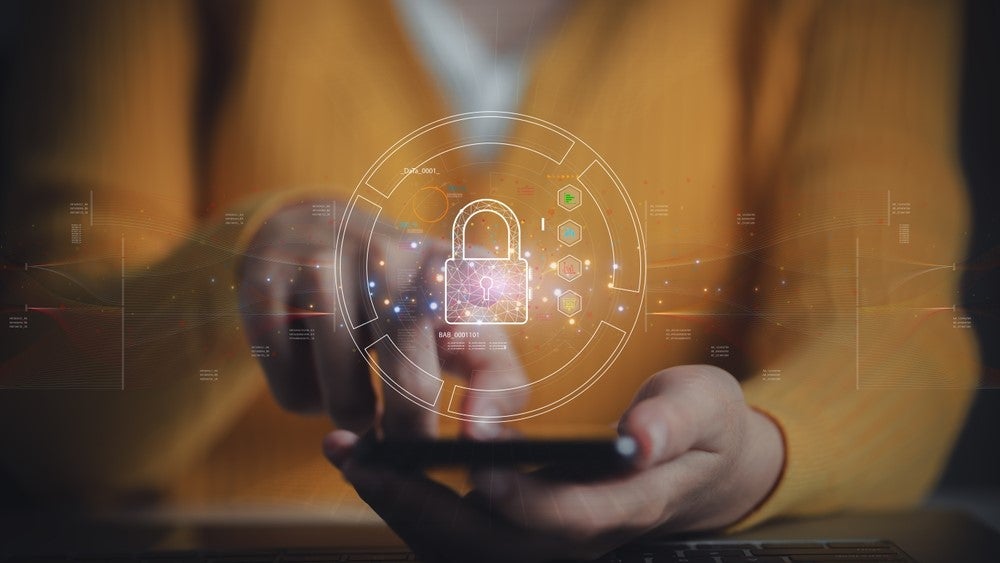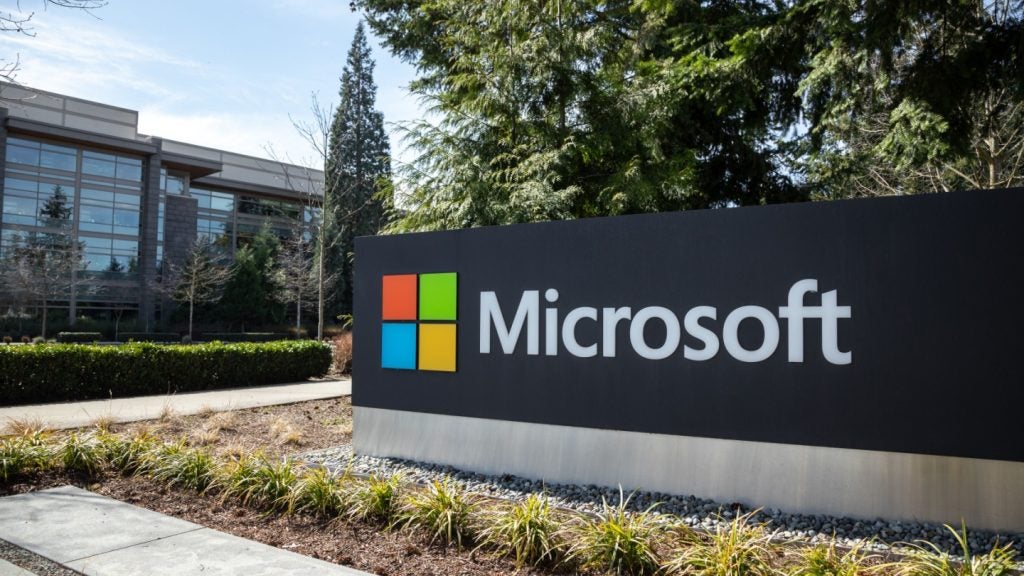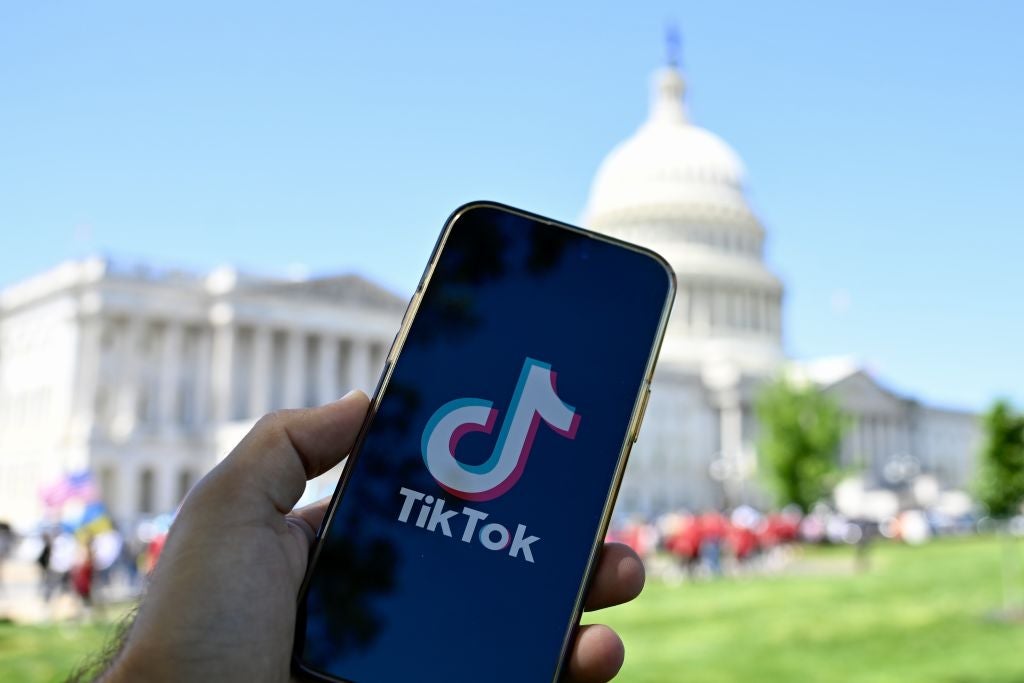
The number of companies using artificial intelligence in healthcare has increased from less than 20 in 2012 to 100 last year, according to GlobalData Healthcare estimates.
Growth is expected to accelerate with the AI healthcare market set to reach $6.6bn by 2021, a 40 percent growth from its current size, research from Accenture shows.
The three most cost-saving uses of AI in healthcare are robot assisted surgery, virtual nursing assistants, and administrative workflow assistance, Accenture has found.
Although healthcare AI is widely used in the US, take up has been slower in the UK though healthcare apps are gaining traction.
Babylon is an AI app which uses speech recognition to check symptoms and connect patients with doctors while MedyMatch helps A&E departments make better decisions under extreme pressure.
London-based Google-owned DeepMind also worked on a diagnostic app, called Streams, in partnership with the UK’s National Health Service (NHS). The NHS was however criticised for sharing customer data with Google.
How well do you really know your competitors?
Access the most comprehensive Company Profiles on the market, powered by GlobalData. Save hours of research. Gain competitive edge.

Thank you!
Your download email will arrive shortly
Not ready to buy yet? Download a free sample
We are confident about the unique quality of our Company Profiles. However, we want you to make the most beneficial decision for your business, so we offer a free sample that you can download by submitting the below form
By GlobalDataDeepMind is now looking to use AI in other sectors of UK healthcare – using machine learning algorithms to analyse and label scans. It partnered with Moorfields Eye Hospital in 2016 to speed up the diagnosis process.
It wants to train the algorithm to detect signs of the three major optic diseases, glaucoma, diabetic retinopathy and age-related macular degeneration and last week revealed it expects it to be quicker than human specialists in an interview with the Financial Times.
Co-founder of DeepMind Mustafa Suleyman said when the partnership was announced:
Detecting eye diseases as early as possible gives patients the best possible chance of getting the right treatments. I really believe that one day this work will be a great benefit to patients across the NHS.
Peng Tee Khaw, Moorfields Eye Hospital director, said:
Our research with DeepMind has the potential to revolutionise the way professionals carry out eye tests and could lead to earlier detection and treatment of common eye diseases such as age-related macular degeneration.
DeepMind has also formulated partnerships with other NHS organisations around the use of machine learning algorithms.
In mid-2016, it began collaborating with University College London Hospital Foundation Trust (UCLH) to analyse CT and MRI scans for head and neck cancer patients — with plans to reduce time to analyse the scans from four hours to one hour over the next four years.
DeepMind also initiated a partnership with Cancer Research UK Imperial Centre in November 2017 to improve breast cancer diagnosis and treatment, as well as reduce the number of missed cases and false alarms.
Next steps
AI is expected to be used in drug development.
It is hoped that AI could identify which are most likely to pass legal criteria as well as help to spot pathways that could lead to new treatments.
The Milner Therapeutics Institute at Cambridge University recently partnered with UK-based medical research charity LifeArc to apply machine learning to drug discovery for immune-oncology and respiratory diseases.
AI is also expected to be used in personal virtual care assistants and life coaches, following on from the success of digital assistants Siri, Cortana and Alexa.
It’s thought medical AI assistants could deliver medication alerts and feedback on data collected by phones or wearables.
Meanwhile, healthcare bots are being used to help schedule patient appointments and could eventually be used for triage.
AI could also help to create prosthetic limbs.
Researchers at Newcastle University have developed a bionic limb which comes with an AI-powered camera.
This camera helps the prosthetic limb to grasp objects as instinctively as real hand would. Deep learning by the prototypes has allowed them to identify 500 objects which wearers can reach for automatically.
Co-author of the study Kianoush Nazarpour said:
Using computer vision, we have developed a bionic hand which can respond automatically – in fact, just like a real hand, the user can reach out and pick up a cup or a biscuit with nothing more than a quick glance in the right direction. Responsiveness has been one of the main barriers to artificial limbs.
For many amputees the reference point is their healthy arm or leg so prosthetics seem slow and cumbersome in comparison. Now, for the first time in a century, we have developed an ‘intuitive’ hand that can react without thinking.
Data and privacy concerns are going to be the biggest challenge to AI healthcare
One of the major issues that AI technology faces when it works with the healthcare industry is secure access to data.
It is common for AI to require large volumes of user data to work as intended and it often relies on so-called curated data sets which are uncommon in the health industry.
Robert Mittendorff of Norwest Venture Partners said:
Curated data sets that are robust and have both the breadth and depth for training in a particular application are essential, but frequently hard to access due to privacy concerns, record identification concerns, and the Health Insurance Portability and Accountability Act.
PwC US’s most recent report on the general challenges facing the industry noted AI and the need of healthcare institutions to consider the data they possess and how it is organised in order to be able better implement AI solutions.
Dan Vahdat, CEO of Medopad, UK-based healthcare technology company who recently signed £100m worth of deals with Chinese companies, told Verdict in a recent interview:
Access to clean data is the key challenge we face but partnerships with big institutions help.
Regulatory compliance will also cause delays.
The healthcare industry has a reputation as being controlled by regulations that make technological innovation harder.
Vadhat said:
Companies who want to work in healthcare have to jump over many barriers but once you have done so, it is easy to continue with that momentum.







